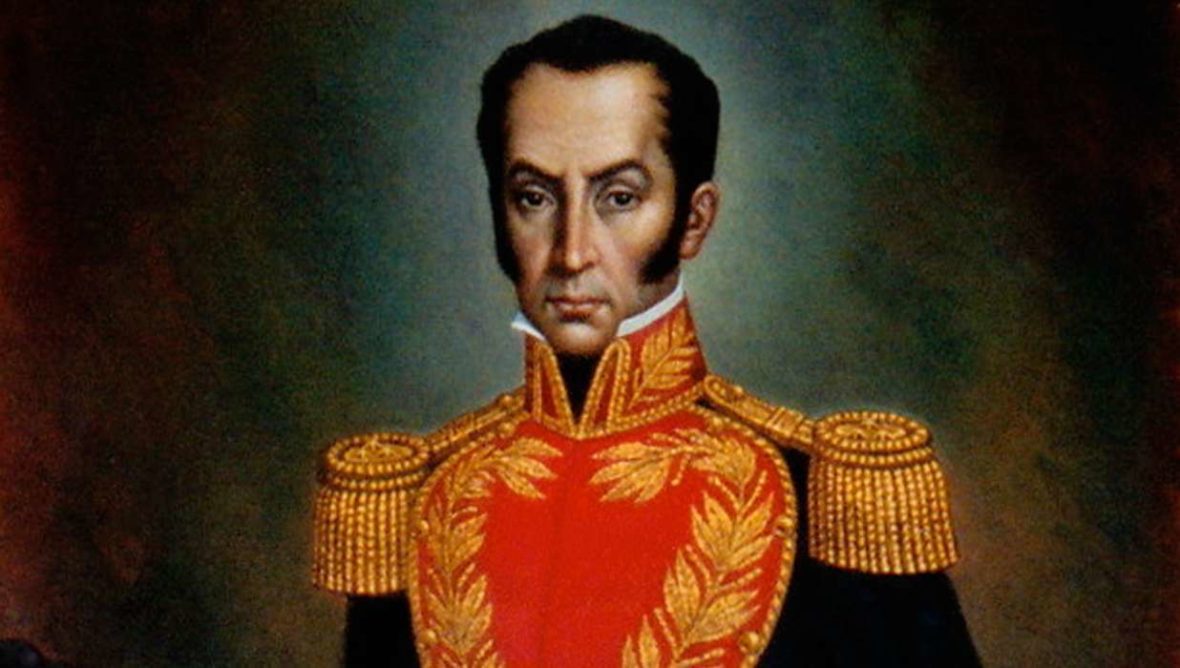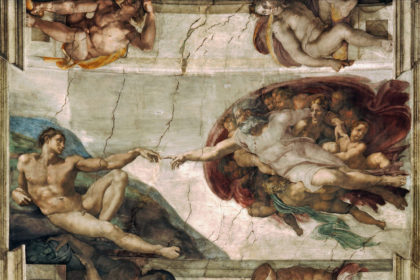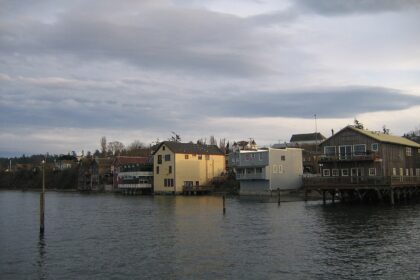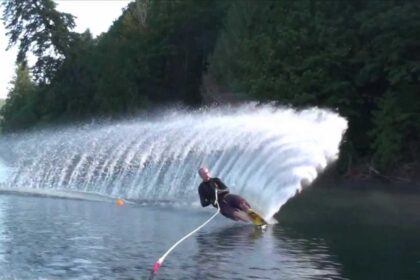Simon Bolivar was a Venezuelan military and political leader who played a leading role in the establishment of Venezuela, Bolivia, Colombia, Ecuador, Peru and Panama as sovereign states, independent of Spanish rule. Take a look below for 30 more interesting and fascinating facts about Simon Bolivar.
1. Bolivar was born into a wealthy, aristocratic Creole family and, as was common for the heirs of upper-class families in his day, was sent to be educated abroad at a young age, arriving in Spain when he was 16 years old.
2. While in Europe, he was introduced to the ideas of the Enlightenment, which later motivated him to overthrow the reigning Spanish in colonial South America.
3. Taking advantage of the disorder in Spain prompted by the Peninsular War, Bolivar began his campaign for independence in 1808, appealing to the wealthy Creole population through a conservative process.
4. Later, he established an organized national congress within three years.
5. Bolivar participated in the foundation of the first union of independent nations in Latin America, Gran Colombia, of which he was president from 1819 to 1830.
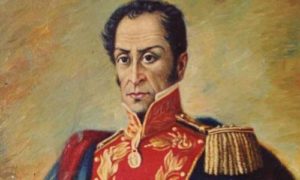
6. Through further military campaigns, he ousted Spanish rulers from Ecuador, Peru and Bolivia, the latter of which was named after him.
7. He was simultaneously president of Gran Colombia and Peru, while his second in command, Antonio Jose de Sucre, was appointed president of Bolivia.
8. Bolivar aimed at a strong and united Spanish America able to cope not only with the threats emanating from Spain and the European Holy Alliance but also with the emerging power of the United States.
9. At the peak of his power, Bolivar ruled over a vast territory from the Argentine border to the Caribbean Sea.
10. Bolivar is viewed as a national icon in much of modern South America, and is considered one of the great heroes of the Hispanic independence movements of the early 19th century.
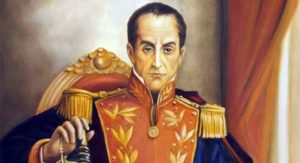
11. At the end of his life, Bolivar despaired of the situation in his native region, with the famous quote, “all who served the revolution have plowed the sea.”
12. In an address to the Constituent Congress of the Republic of Colombia, Bolivar stated, “Fellow citizens! I blush to say this: Independence is the only benefit we have acquired, to the detriment of all the rest.”
13. He was an impulsive, passionate and restless character, with tremendous ambition and vision packed into a small body.
14. In Venezuela and Bolivia, Bolivar’s birthday is celebrated as a national holiday.
15. Schools, buildings, children, and towns in South America are widely named after him.
16. He lost both of his parents at the age of nine.
17. Bolivar lost respect for Napoleon whom he considered to have betrayed the republican ideals.
18. He escaped survival several times and was constantly on the movie, in rainforests, plains and mountain slopes.
19. When Bolivar returned to Venezuela, he joined the group of patriots that seized Caracas in 1810 and proclaimed independence from Spain.
20. In 1824, Bolivar led the revolutionary forces of Peru in their fight for independence and won a victory over the Spaniards at Auacucho.
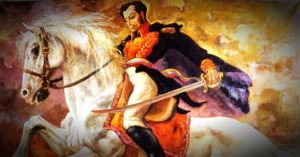
21. He didn’t just gain financial abundance after his success as a military commander, he was always wealthy. His family was one of the few in the country that owned most of the land in Venezuela.
22. He and his family lost a lot of their wealthy during the wars for independence.
23. Although they all had a shared goal among them, independence from Spain, Bolivar and the other patriot general didn’t always get along.
24. Although he was married for a short time while living in Spain as a younger man, his wife died shortly after their marriage. After this, he didn’t marry again.
25. In the United States, the Bolivar Peninsula in Galveston County, Texas, is named for Bolivar. It’s a major part of the Texas coastline.
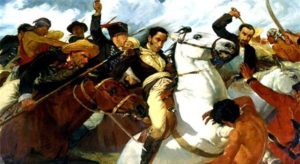
26. Monuments to Bolivar’s military legacy also comprise one of Venezuelan Navy’s sail training barques, which is named after him, and the USS Simon Bolivar, a Benjamin Franklin class fleet ballistic missile submarine which served with the U.S. Navy between 1965 and 1995.
27. In Bogota, Simon Bolivar Park has hosted many concerts.
28. In Venezuela, Bolivar left behind a militarist legacy, with multiple governments utilizing the memory, image and written legacy of Bolivar as important parts of their political messages and propaganda.
29. Similarly to some others in the history of American independence, Simon Bolivar was a Freemason.
30. In April 1824, Bolivar was given the 33rd degree of Inspector General Honorary.

